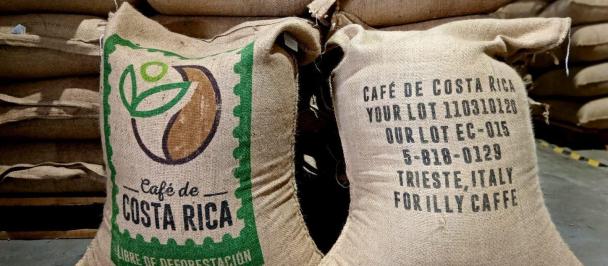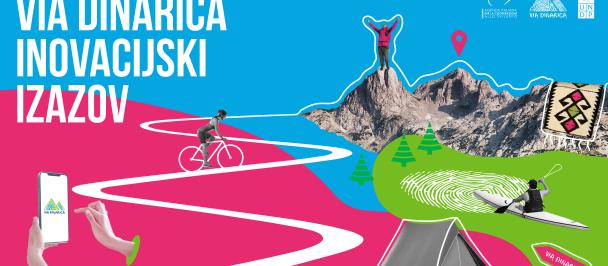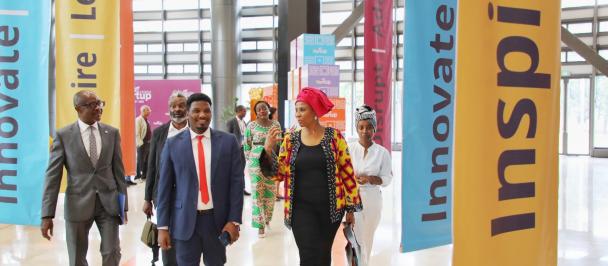By So Lida, Programme Analyst at UNDP Cambodia
Milestone on the journey to fair access and benefit-sharing
June 19, 2023
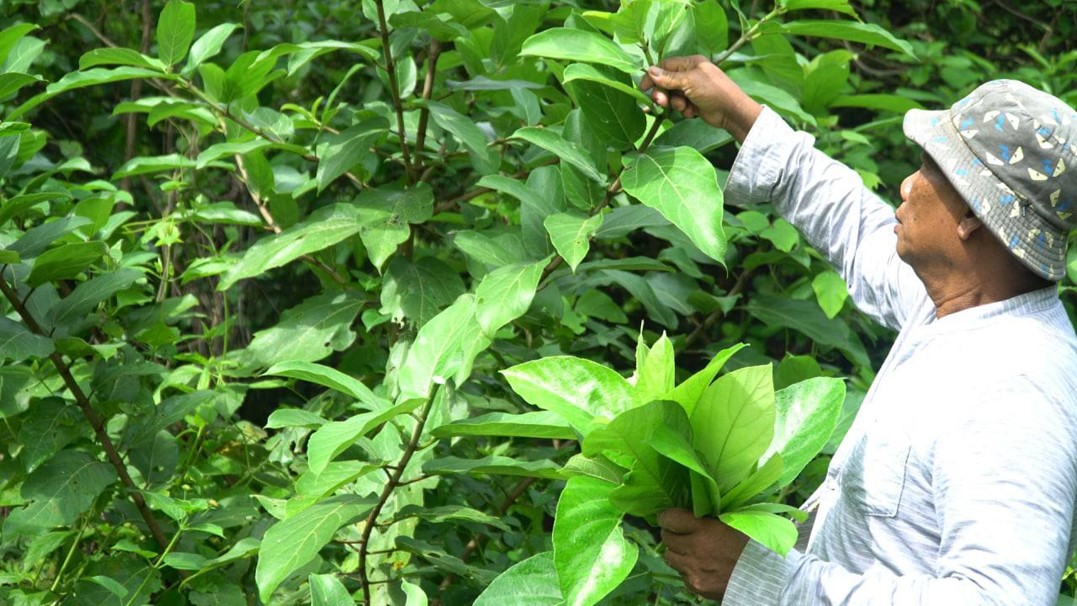
Cambodia’s geographic location, long history and complex topographical, ecological, and social features have made it rich in biodiversity, genetic resources and traditional knowledge. While diverse climatic conditions diversified the country’s flora with both tropical and temperate plants, thousands of years of agricultural practice by ethnic groups enriched its crop genetic resources with great numbers of local cultivars and land races. In terms of medicinal plants, the high level of genetic diversity makes Cambodia an attractive country for bioprospecting, especially given the 800 known medicinal plants.
The mountainous upland areas, in particular, hold a wealth of traditional knowledge on nature conservation, health and wellbeing, sustainable farming practices, and plant and animal species utilization and management. They host approximately 1.7 million people (11.68 percent of the country’s total population), of whom more than 200,000 are from indigenous minorities who have lived for many centuries in harmony with their natural environment.
However, Cambodia faces a wide range of issues that threaten its biological diversity and ecological security. These threats emanate from the country’s transition from a subsistence-based agrarian economy to a consumption-based cash economy. Competing land use from urbanization, infrastructure development, poaching of wild plants and animals, localized overharvesting of timber, fuel wood and non-wood forest products, human-wildlife conflicts and climate change are among the factors contributing to the threat. As a consequence, the traditional knowledge of local communities that is associated with genetic resources is disappearing rapidly hand in hand with the changing lifestyles. A large volume of traditional knowledge, such as medicinal use of biological resources, is being replaced by modern technology.
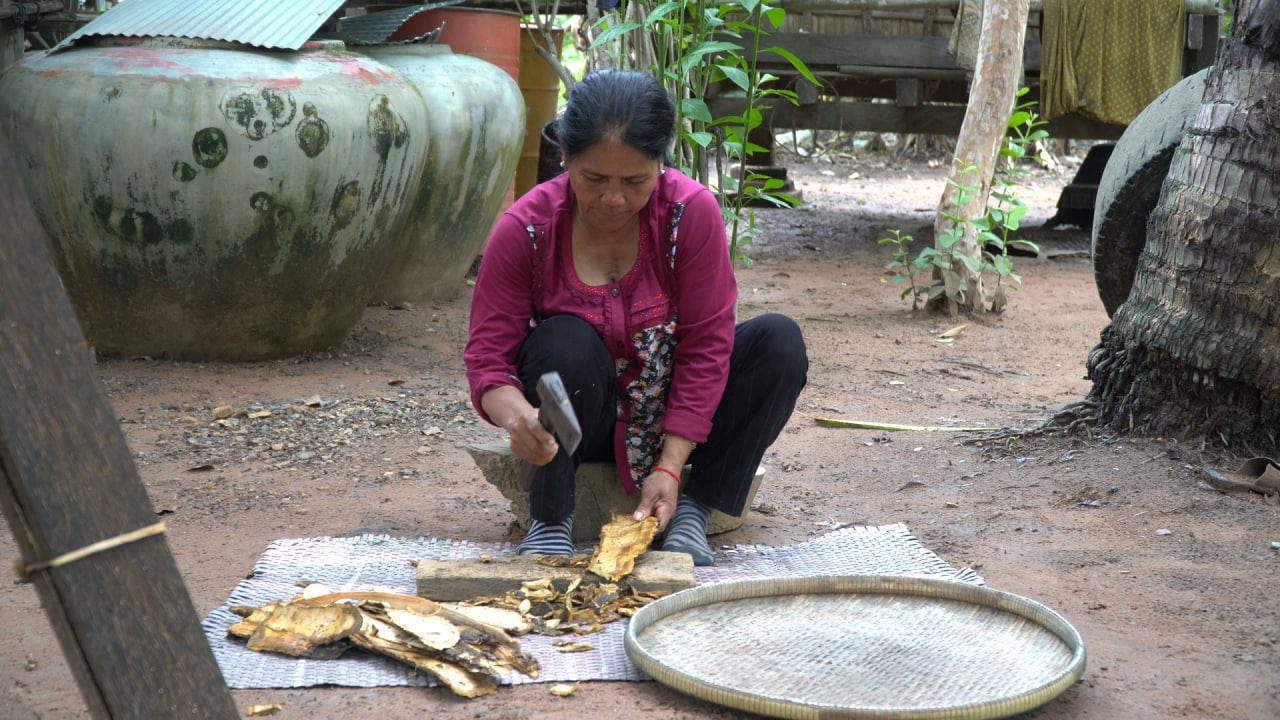
To counter the various threats to biodiversity, Cambodia has put in place strategies for the conservation and sustainable use of biological resources for socio-economic development. The country has also committed to establishing rules and procedures for access and benefit-sharing in line with the Nagoya protocol. However, until now Cambodia had no existing policy or legislation on ABS.
Through the project Access and Benefit Sharing (ABS) Project called “Developing a Comprehensive Framework for Practical Implementation of the Nagoya Protocol”, UNDP with support from the Global Environment Facility (GEF) supported the Ministry of Environment in developing the National ABS Sub-Decree on Bio-Diversity management, in particular on the use of genetic resources.
The ABS Sub-Decree was approved on 26 May 2023. It is the first step towards establishing a clear national mechanism to implement the Nagoya Protocol and to contribute to the conservation of biodiversity and sustainable use of its components. It will enable the equitable sharing of benefits from the utilization of genetic resources and associated traditional knowledge between the Royal Government of Cambodia, private sector, research institutions and the indigenous communities which are often the owners of these resources and associated traditional knowledge.

 Locations
Locations